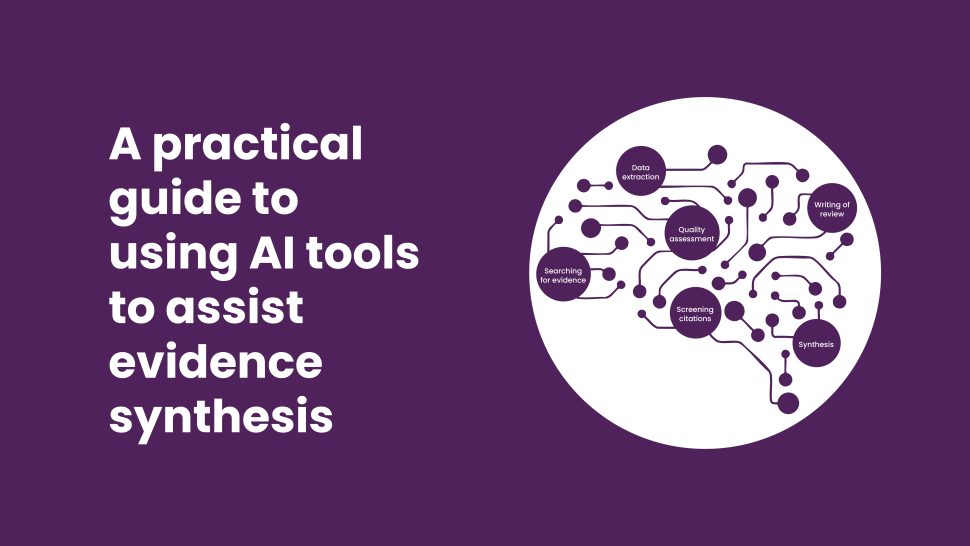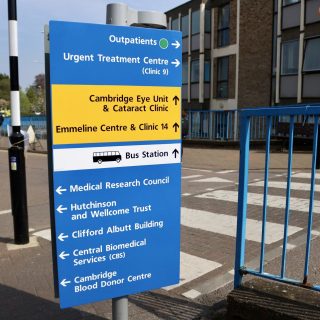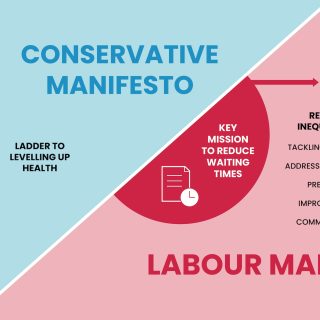Harnessing Health Impact Assessments for a fairer and healthier future
A healthy population is key to citizen wellbeing, a productive economy and manageable public services. Policy decisions on jobs, income, housing, education, transport and green space have a major impact on health, but do not involve the Department of Health and Social Care. As the government sets out policies to deliver on its manifesto commitments, how can we ensure health is considered across government, mitigating the potential adverse impacts, ensuring equity and accentuating the positives? Here we argue that Health Impact Assessments are a key tool to cross-government action on health and health inequalities.











